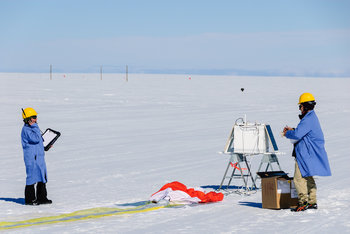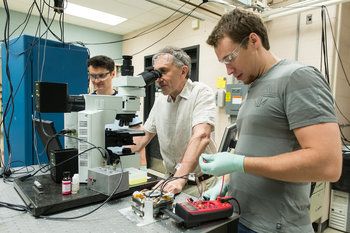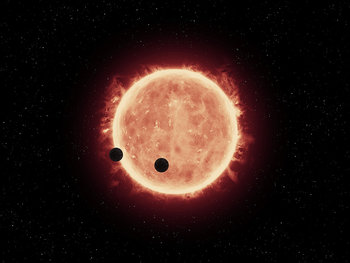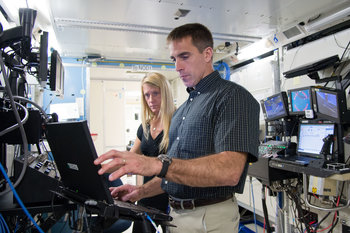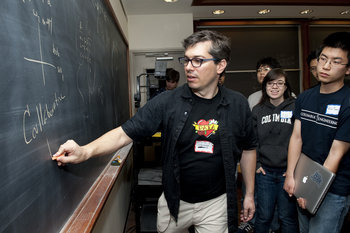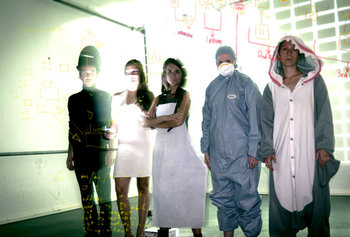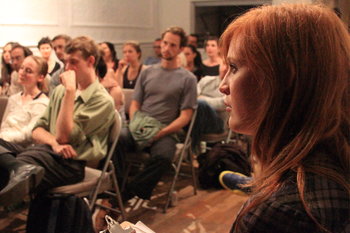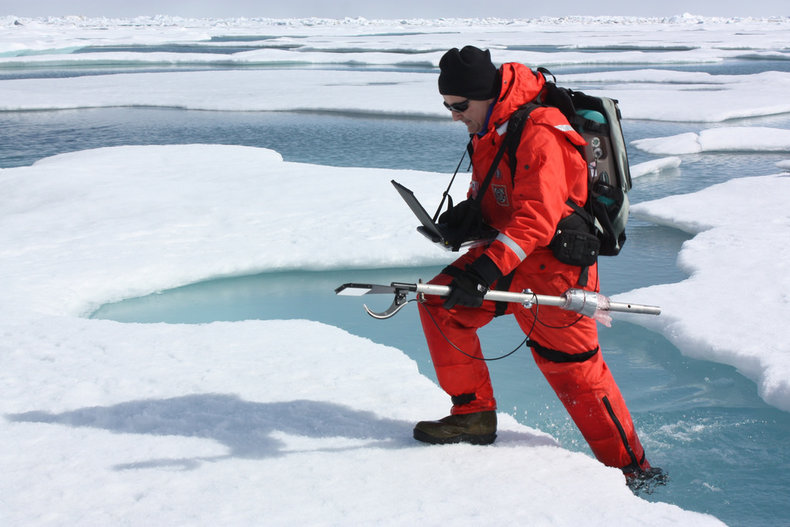
Testability
Falsifiability is more or less synonymous with testability as it applies to testing that a hypothesis is incorrect. Generally speaking, no amount of experimentation can prove that a hypothesis is correct but a single experiment can prove that it is incorrect. This is the reason that falsifiability is an important principle of science. For example, the statement "aliens don't exist" is falsifiable because all you would need is evidence of a single alien to disprove the statement.Naive Falsifiability
Naive falsifiability is when you start bending a statement to make it more difficult to falsify. For example, if you say that "all frogs are green" and someone finds a purple frog in Brazil you might change your statement to "all frogs are green outside of Brazil." Generally speaking, you want to maximize the falsifiability of a hypothesis as this can make a theory more defensible.Russell's Teapot
Russell's teapot is an illustrative example of an unfalsifiable statement formulated by the philosopher Bertrand Russell. It states that there is a small teapot orbiting the Sun that is too small to be seen with telescopes. Bertrand Russell used this as a thought experiment to show that the burden of proof lies with those who make unfalsifiable claims.Unfalsifiable
An unfalsifiable statement can't be disproved with an observation. For example, if you say "Aliens exist" there is no single observation that can disprove this. In theory, you could inspect every inch of the universe to confirm the absence of life outside our planet but this isn't feasible.Refutability
Falsifiability is more or less synonymous with refutability with the later being the more common term in law. For example, if you accuse someone of a wrongdoing this can be very difficult for the accused to refute. For example, "Josh ate the last piece of pie" is not necessarily refutable because there is no single observation that proves you didn't eat the piece of pie unless you happen to have an alibi for the entire time the piece of pie existed. This is the reason that the burden of proof is with the prosecution.Overwhelming Evidence
Some hypotheses and theories are supported by overwhelming evidence but lack agreement on falsifiability. For example, it is somewhat difficult to falsify the theory of evolution by natural selection. Hypothetical observations that could disprove the theory include very old fossils of modern animals such as the hippo. However, it can be argued that such a finding would simply result in a rework of the evolutionary history of the species along the lines of "hippos evolved earlier then we thought." This being said, a hippo fossil from the Precambrian era would be awfully difficult to explain with the theory of evolution and is a reasonable example of an observation that would falsify the theory.Inductive Logic
It can be argued that falsifiability isn't the only basis for valid science. For example, inductive logic can be used to deduce new theories from existing knowledge.All known biological life forms depend on liquid water to survive.
All biological life probably depends on liquid water to survive.
It is probably unknowable if all biological life forms depend on water, but the second statement above is logically deduced and could arguably be considered scientific.All biological life probably depends on liquid water to survive.
Notes
All you need to do to ensure a statement is falsifiable is to think of a single observation that would make the statement untrue. The observation must be possible with current technology.It can be argued that entire fields that heavily depend on interpretations of human behavior such as economics and psychology are inherently unfalsifiable such that they can't be considered science. In these fields examples that don't fit a theory are commonly treated as exceptions as opposed to a disproof of the entire theory. Systems such as logic and mathematics are unfalsifiable systems but can be considered part of science. A falsifiable theory can contain unfalsifiable logic. For example, "everyone dies" is unfalsifiable but can be logically deduced from the falsifiable "every human dies within 200 years of birth."| Overview: Falsifiability | ||
Type | ||
Definition | A statement, hypothesis or theory that can be contradicted by a observation. | |
Also known as | RefutabilityTestability | |
Relevance | A standard that separates scientific and unscientific theories.The principle that the burden of proof lies with those who make unfalsifiable claims. | |
Attributed to | Karl Popper | |








